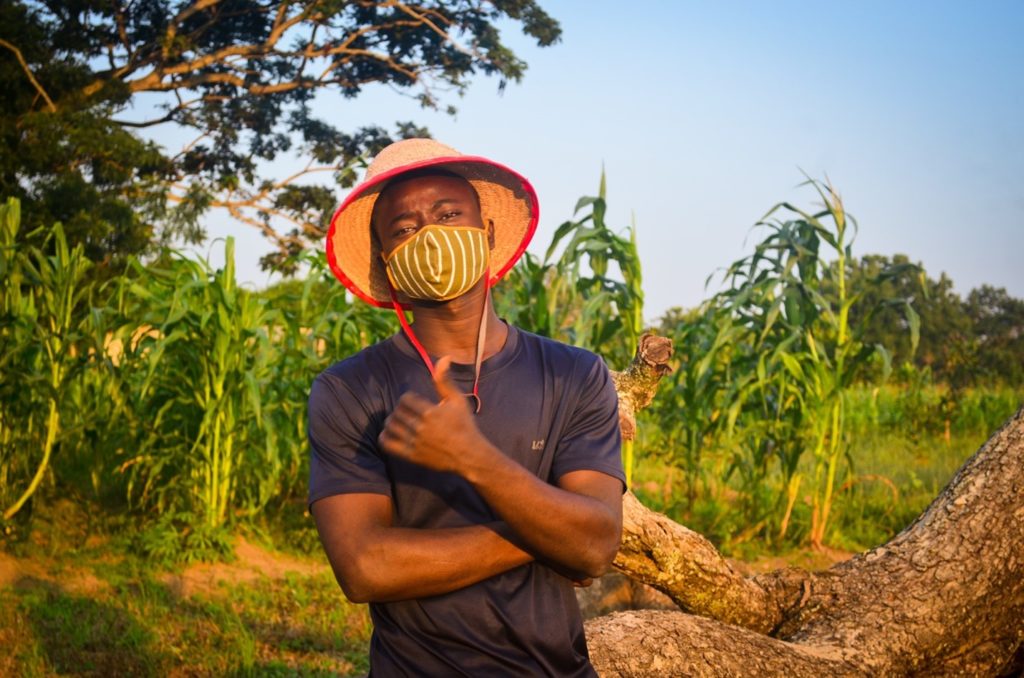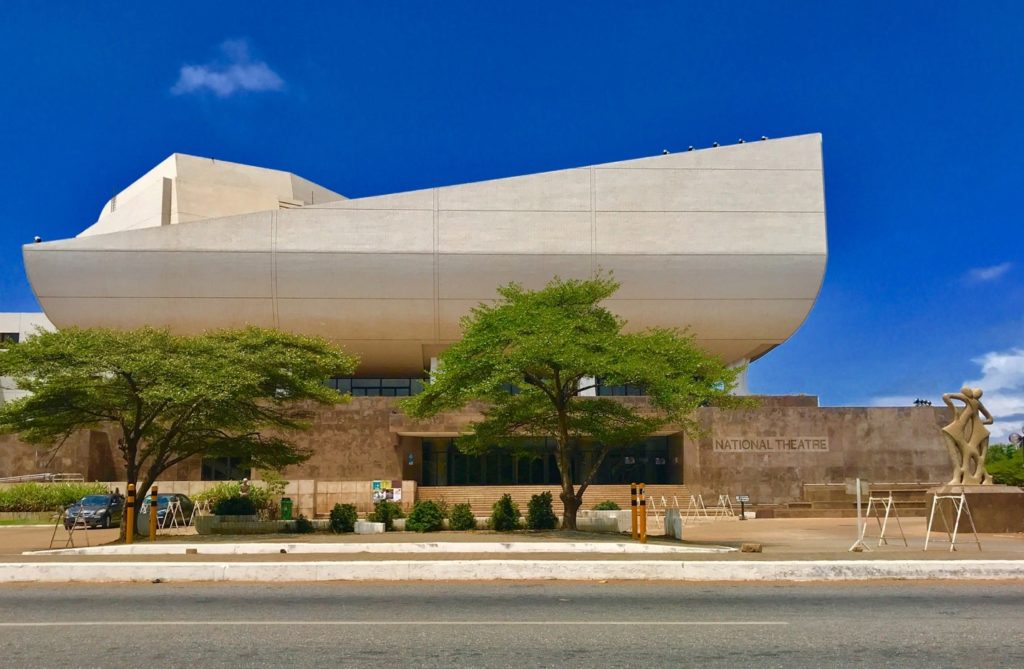West African Update
Tuuli Saarela, Accra/ Helsinki
This update is provided by the Finnish Business Council West Africa. In this article, we will look at:
- the impact of corona virus on the West African economy,
- the case for investment with the African Free Trade Agreement (AfCTA), and
- the growing dominance of the Chinese in Africa.

Corona virus hits West African economy
The corona virus has made a deep impact on West African economies, which are in recession for the first time in 20 years. In real terms, the effect on businesses is still unknown but there are growing indicators of risks for people trading with African partners. Moody’s outlook report for 2021 expects non-performing loans to double from 2019 levels.
While the Moody outlook is a warning sign, the situation is not as gloomy as it would seem. Sergio Pimenta the Vice President for the Middle East and Africa at International Finance Corporation (IFC) says that the financial and banking sector is doing relatively well because of sector reforms. Over the past 10 years, African banks have grown a stronger capital base and higher liquidity levels. PWC described this situation in Ghana, which removed the licenses of many banks that did not meet minimum requirements.
Softer indicators show that West Africa has responded to the corona virus crisis self-sufficiently. One area of note is the ability of West African nations to improvise and deliver preventive protective equipment (PPE) to its population and the human empathy demonstrated by Ghana’s president. Virus vaccinations are rolling out now in many nations, ahead of many Europeans.
The pandemic is also not forecasted to have a deep impact on the growth of the market of 1.2 billion people to 3 billion by 2050. Africa’s consumer middle class is currently estimated at 150 million people and expected to double in the coming decade. Africa is still the “final frontier” for green field investment opportunities and is a natural “backyard” for European investors who seek outsourced manufacturing plans with easy access to Europe.
The economic downturn does require action from institutional investors. Pimenta of IFC says that it would be most helpful for local African banks and international financing companies to reduce collateral requirements for trade finance and also ease regulatory frameworks which are complicated in some markets. The Africa Report says that it may take until 2024 to return to pre-crisis levels.

African Free Trade Agreement rolls out
The African Free Trade Agreement (AfCTA) went live on January 1, 2021. The agreement facilitates inter-continental trade with the aim of building indigenous industrial and manufacturing capacity. For trading partners, it is an opportunity to think about the African market through a new lens. The AfCTA can offset investments by providing access to a unified trading market across the continent. It is a game changer for those willing to play a long-term game. There is also potential for investment returns that are not readily available in other more developed markets. Are Finnish companies ready?
The European Union continues to invest into the unification of the African market. EU Commissioner for International Partnerships Jutta Urpilainen repeated the EU’s commitment to African economic integration during the launch of the African Trade Observatory platform, she said “economic integration is close to the heart of the European Union.” The new online dashboard, funded by the European Union, collects, processes and analyses trade related information from 13 pilot member states.
Additional implementors of the AfCTA agreement include a monitoring system for non-tarriff barriers and a payments and settlements system through the AfrExim Bank. It is clear to those trading in West Africa, that this is anything but a simple market. A successful long term trading approach must include an investment element and AfCTA provides a fresh new angle.

The growing dominance of China
The first wave of telecoms growth in Africa was a huge success for investors that bet on Africans spending on mobile phones. Nokia led this wave and revolutionized communications at the grassroot (or village) level in Africa. Africans are still carrying this goodwill for the Finnish brand. Yet, the market has changed.
The Africa Report describes a next wave of investment, which will come from interlocking trade, digital money and communications. The Chinese are investing heavily in this new wave with the new Tecno brand handset, Huawei and ZTE networks and apps developed in China, like Boomplay with 75 million users that runs on Chinese cryptocurrency. This combination aims to establish clear dominance.
Over the past 30 years, the Chinese have invested $50-70 billion USD into understanding the African market. The Chinese strategy is focused on the acquisition of raw materials and the exportation of Chinese transportation infrastructure expertise.
The Americans are in the game with their payment platforms; Visa has invested in Interswitch Nigeria and Stripe in Paystack Nigeria.and this week startup Flutterwave was valued at $1 billion after another round of investment. The Finns are managing phone networks in Nigeria through Nokia Networks. But can either strategy answer to the Chinese triple threat?

For more information, please contact
Tuuli Saarela,
Finnish Business Council of West Africa
www.fbcwestafrica.com

